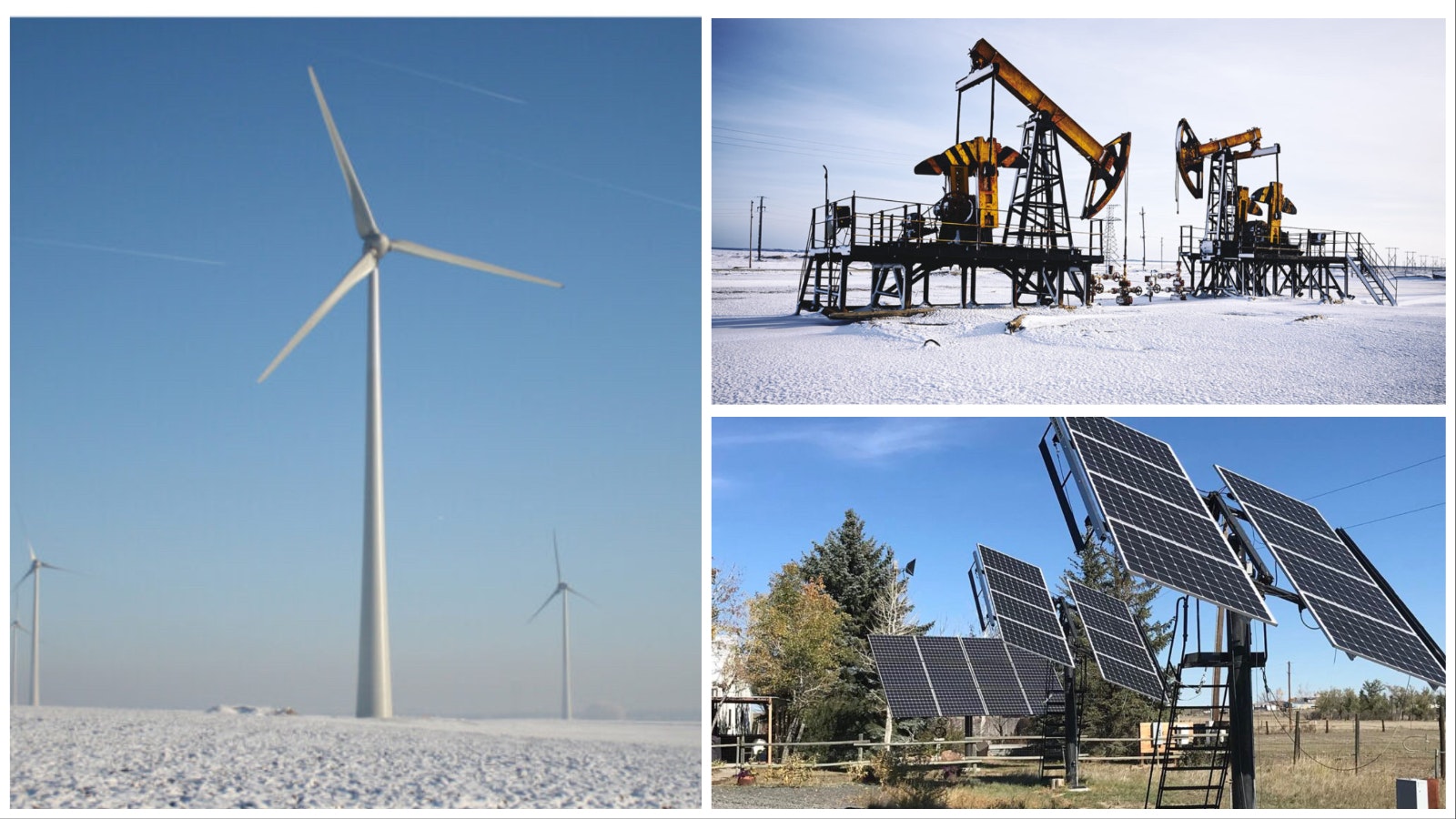Jason Isaac, director of Life:Powered, was among those who testified for the Wyoming Legislature’s Senate Revenue Committee in January in favor of two bills that sought to prohibit Wyoming from doing business with companies opposed to fossil fuel development.
Supporters of the bills spoke of the importance of maintaining Wyoming’s core industries – coal, oil and natural gas — and the dangers of progressive policies being pushed by investment companies, which circumnavigates any democratic process.
In his testimony, Isaac did something you don’t often hear. He defended the use of fossil fuels.
“I live a high-carbon lifestyle, and I think the rest of the world should too. That’s truly where we have human flourishing. It’s where we have economic prosperity,” Isaac told the committee.
Building Blocks
Life:Powered is a project of the Texas Policy Foundation that seeks to raise America’s energy IQ. Front and center in its message is how vital a reliable, cost-effect energy supply is to the nation’s and the world’s prosperity.
Hydrocarbons, the group argues, are not just the most cost-effective energy for most people, they are key components in clothing, plastics, fertilizers and construction — the building blocks of civilization. Food is produced by machines powered by diesel fuel, running on farms that thrive on natural gas-based fertilizers. Our clothes, homes and vehicles are all created and powered by fossil fuels.
Energy Ignorance
Dr. Brett Bennett, policy director for Life:Powered, told Cowboy State Daily that what people don’t know about energy is leading to harmful policies.
Bennett was watching the proceedings in a case before the Washington, D.C., Court of Appeals involving the Obama-era Clean Power Plan. One of the judges asked why a coal-fired power plant couldn’t be removed and solar panels put up in its place.
The number of solar panels required to match the output of the average coal plant would cover far more land, and the solar panels would only produce power when the sun is shining. Yet, the judge couldn’t understand the problem of replacing the plant with solar panels.
“This was a judge deciding an important case. I think most of the public has this same kind of misunderstanding, thinking you flip on the light and it’s all electricity, but they don’t know where it comes from,” Bennett said.
Fighting ESG
One of the main focuses of Life:Powered is helping pass legislation against environment, social and governance (ESG), which is why Isaac was testifying at the revenue committee in January.
The ESG movement, sometimes referred to as “woke capitalism,” pushes progressive policies through the financial might of banking institutions and companies by directing investment dollars to companies that comply with its standards. Among the standards is a commitment to reducing greenhouse gas emissions, which means fossil fuel companies are rated down.
The movement has been instrumental in reducing private capital investment in the oil and gas industry, which has decreased from $50 billion in 2015 to $3 billion in 2021.
Isaac was elected four times to the Texas Legislature and wrote successful legislation in Texas that prohibits the state’s retirement and investment funds from businesses that boycott fossil fuel investments.
“The efforts to do this energy transition that’s being forced on us by large multinational companies, by asset managers, by the government — it doesn’t do anything to improve quality of life. It does everything to increase the cost of energy,” Isaac told Cowboy State Daily.
Environmental Leadership
As much as promoters of the energy transition claim to champion a cleaner environment, the message of Life:Powered is that, as countries get wealthier, their environments become cleaner.
Therefore, policies that raise energy costs and make a country poorer are actually at odds with creating a cleaner environment.
Lake Erie, as one example, was so polluted in the 1960s that it was declared a “dead lake.” Today, fishing tournaments are held on the lake.
“We’re No. 1 when it comes to access to clean and safe drinking water. And that’s something that much of the rest of the world doesn’t enjoy. Economic prosperity and environmental leadership go hand in hand,” Isaac said.
Bennett said that dense energy also is good for the environment. When the world moved from using wood as fuel to fossil fuels, it saved forests and reduced air pollution, for example.
Climate Mastery
The big concern driving the energy transition from fossil fuels is climate change. Life:Powered doesn’t dispute that carbon dioxide emissions gradually warm the planet. The organization disputes that this will produce catastrophic results.
Isaac said climate is particularly threatening to the poor who don’t have access to heat when it’s cold or air conditioning when it’s hot.
“We’ve had a 99% reduction in severe weather-related deaths over the last 100 years, while our population has quadrupled. And people get more access to affordable, reliable energy, they do master those weather events,” Isaac said.
Bennett said the organization is striving to bring balance to a conversation that views reducing carbon dioxide emissions at any cost as the primary objective of any energy policy.
“We have to have balance in these conversations, because if we don’t, in the name of reducing emissions, we’re going to lose all the benefits that we gain from energy. We’re going to starve our civilization,” Bennett said.





